This week, the fifth film in the Indiana Jones saga is to be released. In this film, the fearless archaeologist will have to battle villains who dream of changing the course of world history. One of his new adversaries will be a former Nazi scientist working on the Apollo program. It’s easy to guess that his character was clearly influenced by the biography of Werner von Braun.
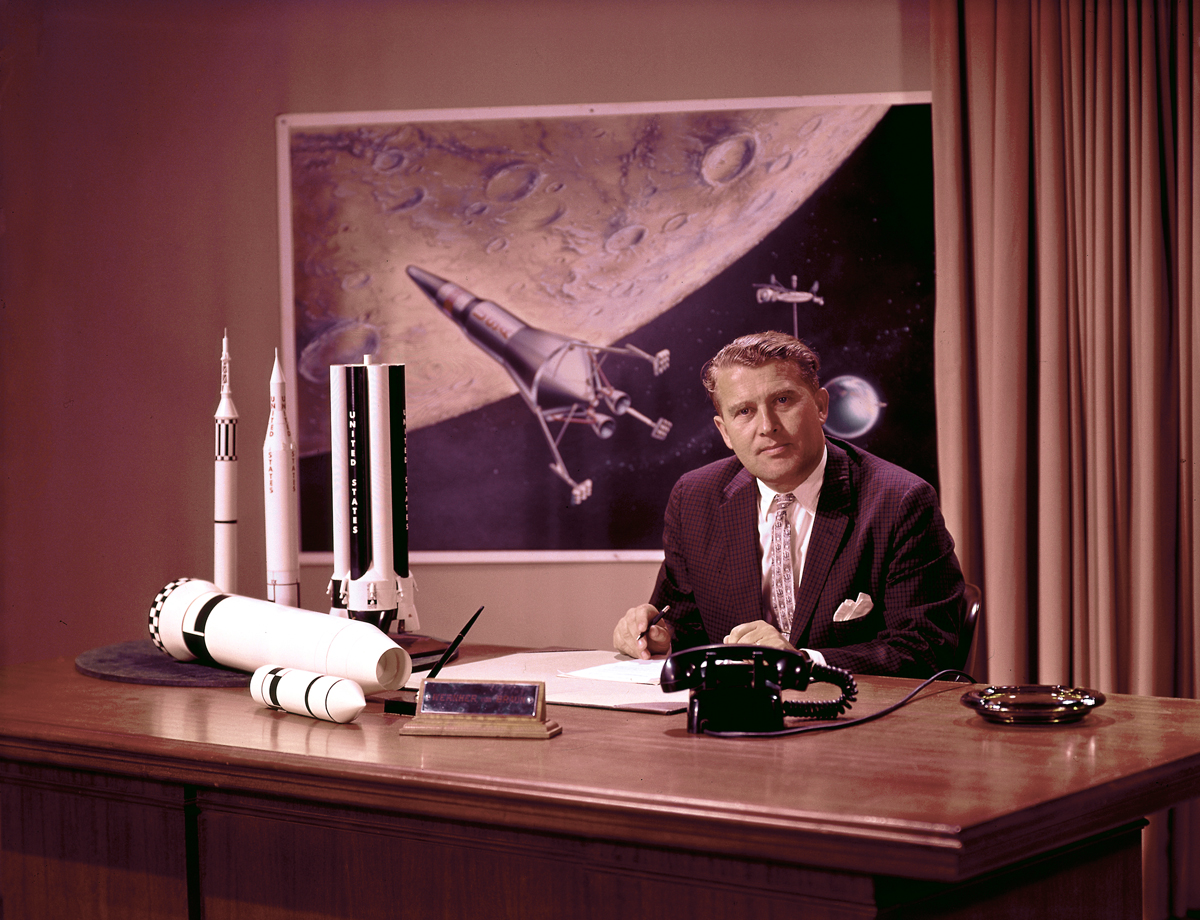
Werner von Braun is perhaps one of the most controversial figures in the history of space exploration. On one hand, thanks to him, humanity achieved one of our greatest accomplishments by landing on the Moon. On the other hand, he actively participated in the development of various types of weapons, including the infamous V-2 rocket. It claimed the lives of thousands of people, mainly civilians, and tens of thousands suffered hell while creating it. So who is Werner von Braun? Is he a hero who sent people to the Moon?.. a war criminal?.. a victim of circumstances? Let’s delve into it.
From a Space Dreamer to an SS Sturmbannführer
Werner Magnus Maximilian von Braun was born on March 23, 1912, into a Prussian aristocratic family in the town of Wirsitz (now the Polish town of Wyrzysk). Even in his youth, he became fascinated with rocket technology. In 1930, von Braun attended a presentation by the famous aviation pioneer Auguste Piccard and he told him, “You know, someday I plan to fly to the Moon.”
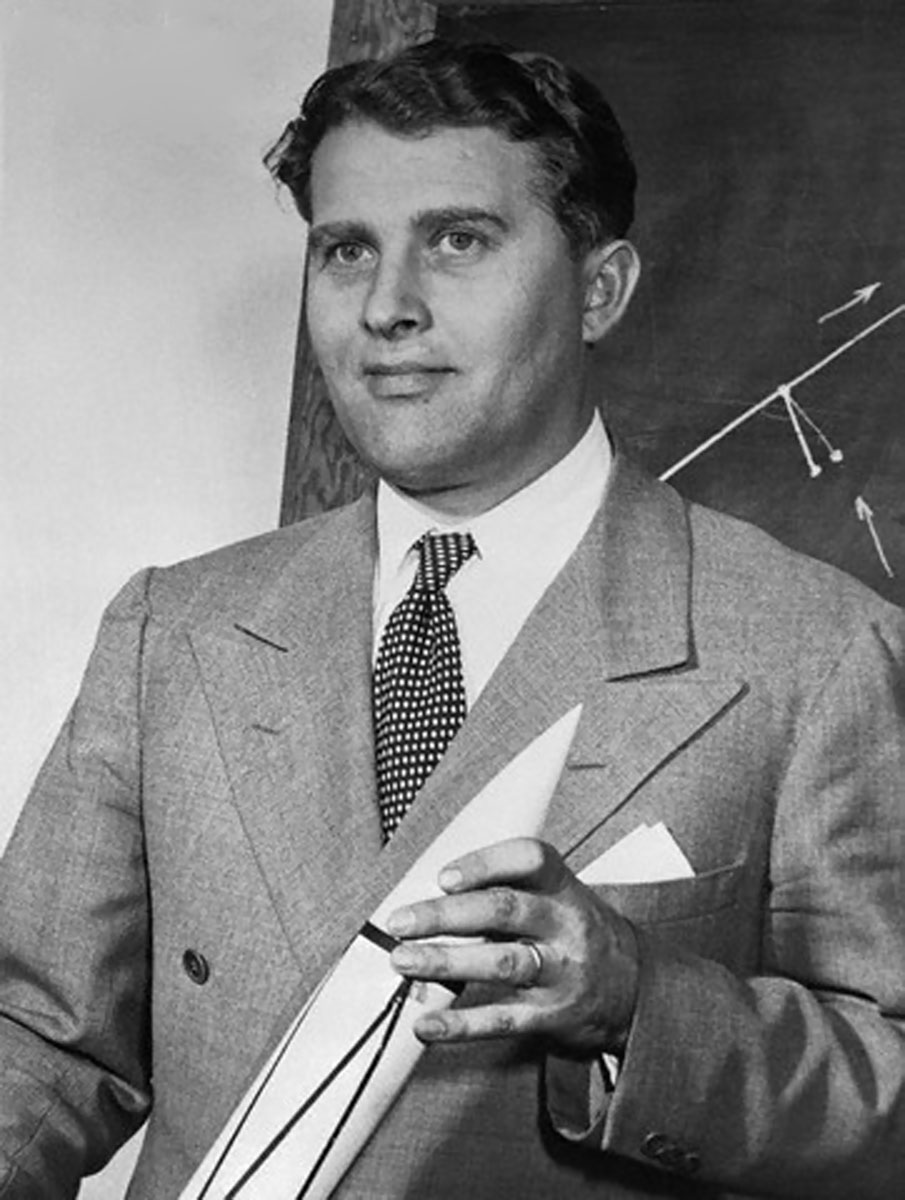
After graduating from the Berlin Institute of Technology in October 1932, von Braun was accepted into a laboratory where rocket engines were being developed. All their research was funded by the German army and conducted on entirely legal grounds. The Treaty of Versailles did not include rockets in the list of weapons prohibited for Germany.
In 1933, the National Socialists came to power in Germany. They quickly recognized the potential of the new technology and began to increase funding for the rocket program. Along with that, young von Braun’s career soared. According to him, at that time, he was hardly interested in politics and only dreamed of space flights. In 1937, he became the technical director of the Peenemünde rocket center on the island of Usedom. That same year, he applied for membership in the Nazi Party and soon obtained his membership card.
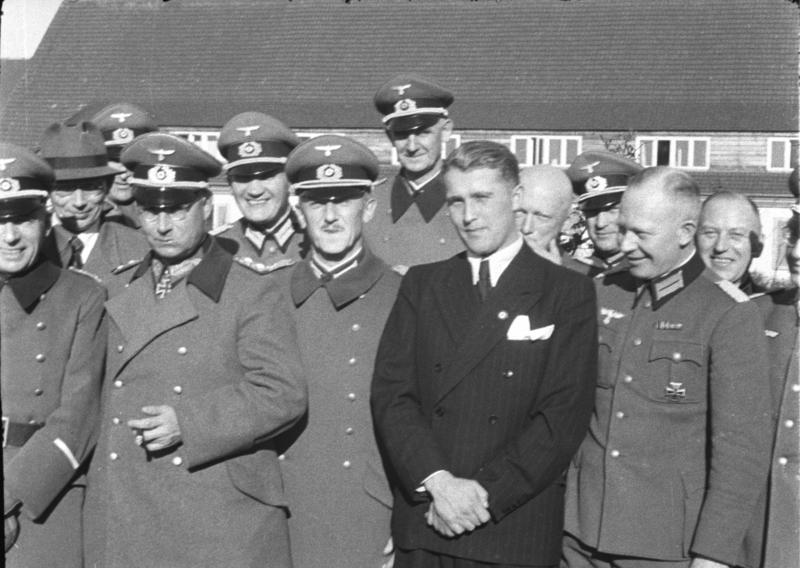
Shortly after the start of World War II, von Braun also joined the ranks of the SS, attaining the rank of Untersturmführer (later promoted to Sturmbannführer). After the war, the engineer claimed that he did so solely at the request of his superiors in order to continue his work, implying that his SS membership was of purely formal nature.
German scientists and engineers, led by von Braun, worked on numerous military projects, ranging from rocket engines to anti-aircraft missiles. However, his most significant achievement was the A4 rocket, better known as the V-2. It entered history as the first ballistic missile.

As the situation on the fronts worsened, the leadership of the Third Reich began to pay more attention to the search for a miracle weapon that could change the outcome of the war. They designated the A4 for that role. After viewing the film footage of a rocket test, Hitler was so impressed that he ordered its mass production. Since Germany was already being bombed by Allied aviation, an underground plant named Mittelwerk was built for this purpose.
Arrest and Second Life in America
In the Mittelwerk facility, the prisoners were involved in the construction of the V-2 rockets. Overall, about 60,000 people passed through it. At least 20,000 of them died due to inhumane conditions. For comparison, during the military use of the A4 rockets, a total of 2,500 people were killed and 6,000 were injured.
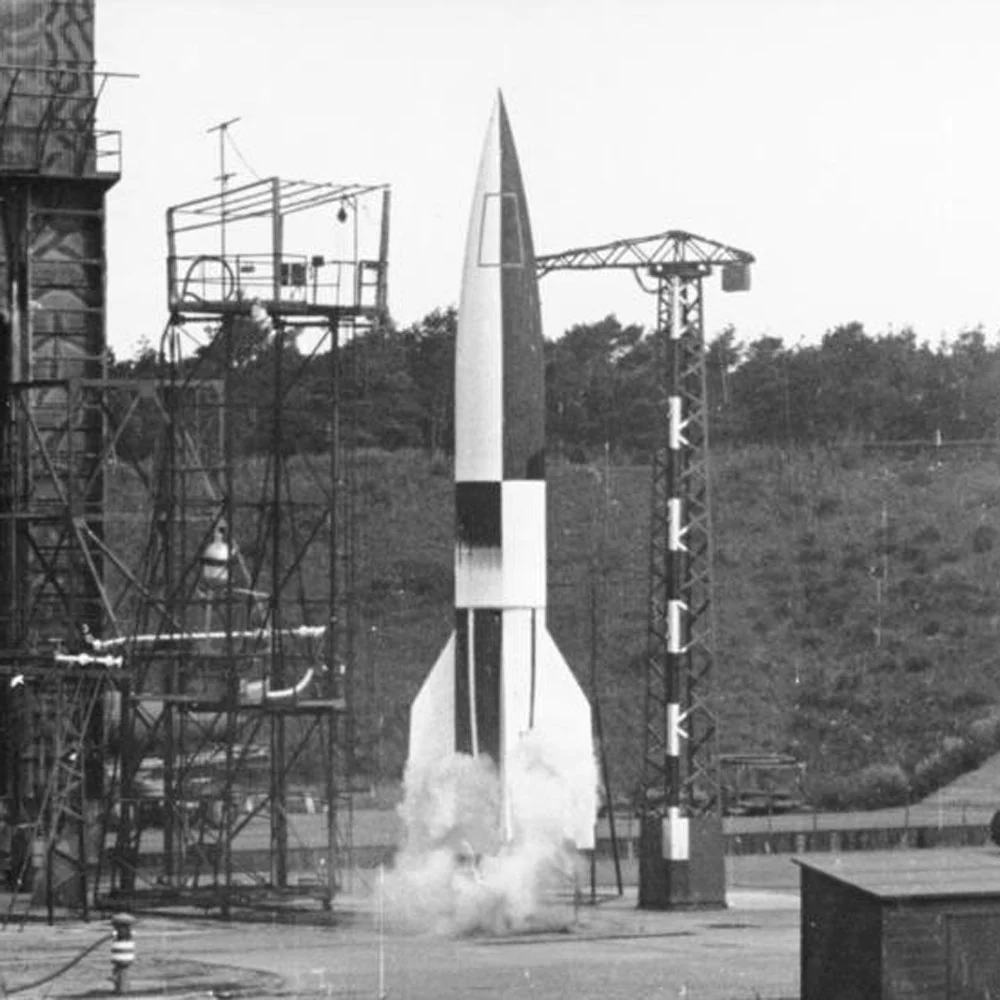
Wernher von Braun visited Mittelwerk multiple times and knew about the conditions in which the workers were kept. However, he always denied personally witnessing any deaths or beatings and claimed that he had never been to the nearby concentration camp, Dora-Mittelbau.
In the spring of 1944, many officials of the Nazi regime realized that the war was lost. Von Braun was no exception. In a private conversation, he expressed regret that his team had not focused on creating a space vehicle and voiced his certainty that Germany was not heading towards anything good. Shortly after that he was reported, and arrested by the Gestapo. Two weeks later, his sponsors managed to secure his release and even reinstated him in his position. But after this incident, von Braun became disillusioned with the regime and started contemplating his future after the war. He managed to arrange for his team to be transferred to the center of Germany. Taking advantage of the first opportunity, he and his colleagues surrendered to the Allies in May 1945.
The Americans quickly recognized the valuable “catch” they had obtained. Von Braun and other German rocket scientists were brought to the United States, where they started a new life. Over the next few years, von Braun worked for the U.S. Army, developing various types of weapons. In 1955, he became a U.S. citizen.
Von Braun actively sought to gain control of the program for creating the first American artificial satellite. However, this task (and the contract along with it) was assigned to competitors from the Navy with the Vanguard project. It is believed that one of the reasons for this was the U.S. government’s reluctance to associate such a significant achievement with the name of a German scientist who had previously worked for the Nazis. However, after the Soviet Union launched its satellite and the Vanguard launch attempt failed, von Braun received the green light. On February 1, 1958, his team successfully launched the first American satellite, Explorer 1, into space.
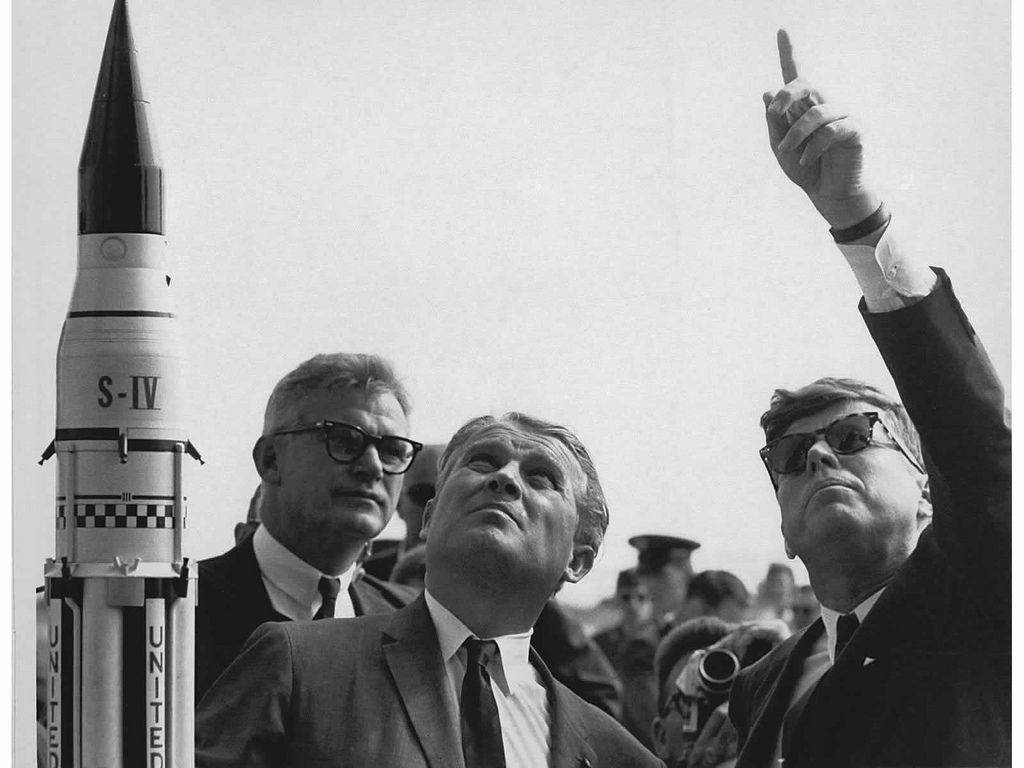
Soon after the creation of NASA, Wernher von Braun was appointed as the director of the Marshall Space Flight Center. After President Kennedy publicly pledged to send humans to the Moon by the end of the 1960s, von Braun became the head of the entire U.S. lunar program. On July 20, 1969, he achieved his long-standing dream. That day, Neil Armstrong became the first person to set foot on the lunar surface.
Shortly after this triumph, von Braun was reassigned to an administrative position in Washington, D.C. Two years later, he left NASA. The main reason was his dissatisfaction with the lack of commitment from the U.S. leadership to continue the space exploration and the significant reduction in the budget of the space administration.

Afterward, von Braun worked as a consultant and held several positions in private companies. He passed away in 1977 from pancreatic cancer.
Who were you, Mr. Braun?
Who was Wernher von Braun truly? Are those who label him a war criminal correct? Or was he a good person who unfortunately found himself in the heart of one of the most horrific regimes of the 20th century?
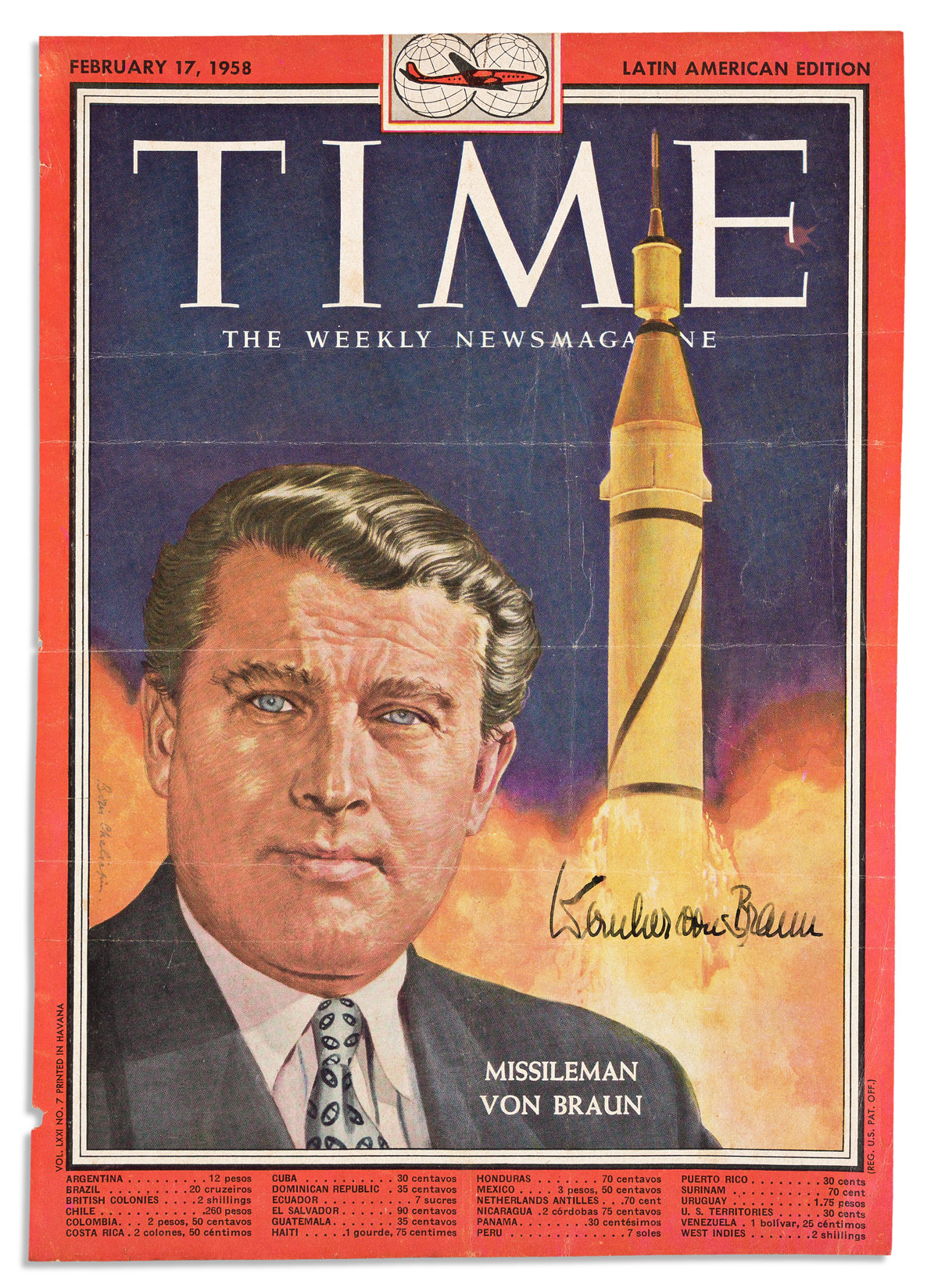
To be honest, we are unlikely to ever get a definitive answer to this question. On the one hand, all archival documents and eyewitness accounts suggest that von Braun was never a fanatic of Nazi ideology. Rockets were always the main focus of his life, and he sought to conquer space and only space. It was the Third Reich that utilized his talent for other purposes.
At the same time, it is worth noting that after Hitler came to power, many scientists left Germany, refusing to collaborate with the new regime. However, von Braun did not join their ranks. As long as everything was going well for him, he paid little attention to what was happening around. It was only later, when it became clear that the war was lost, that he began to contemplate what awaited him next.

After relocating to the United States, von Braun expressed regret several times for everything that had happened in Germany, stating that he did not approve of the working conditions imposed on prisoners. We cannot be sure if his remorse was sincere or not. However, it is known that he never made any attempts to improve the situation. According to the scientist, it would not have changed anything and would have only endangered his own life. It is quite possible that this was indeed the case. Nevertheless, no evidence has been found indicating that von Braun condemned what was happening or reflected on the ethical aspects of his work at that time.
Many researchers now use the term “Faustian bargain” to illustrate this aspect of his biography. Von Braun obtained what he wanted and turned a blind eye to the evil that surrounded him. If the outcome of the war had been different, it is likely that he would have continued to rise through the ranks of the Third Reich, receiving new titles and awards.
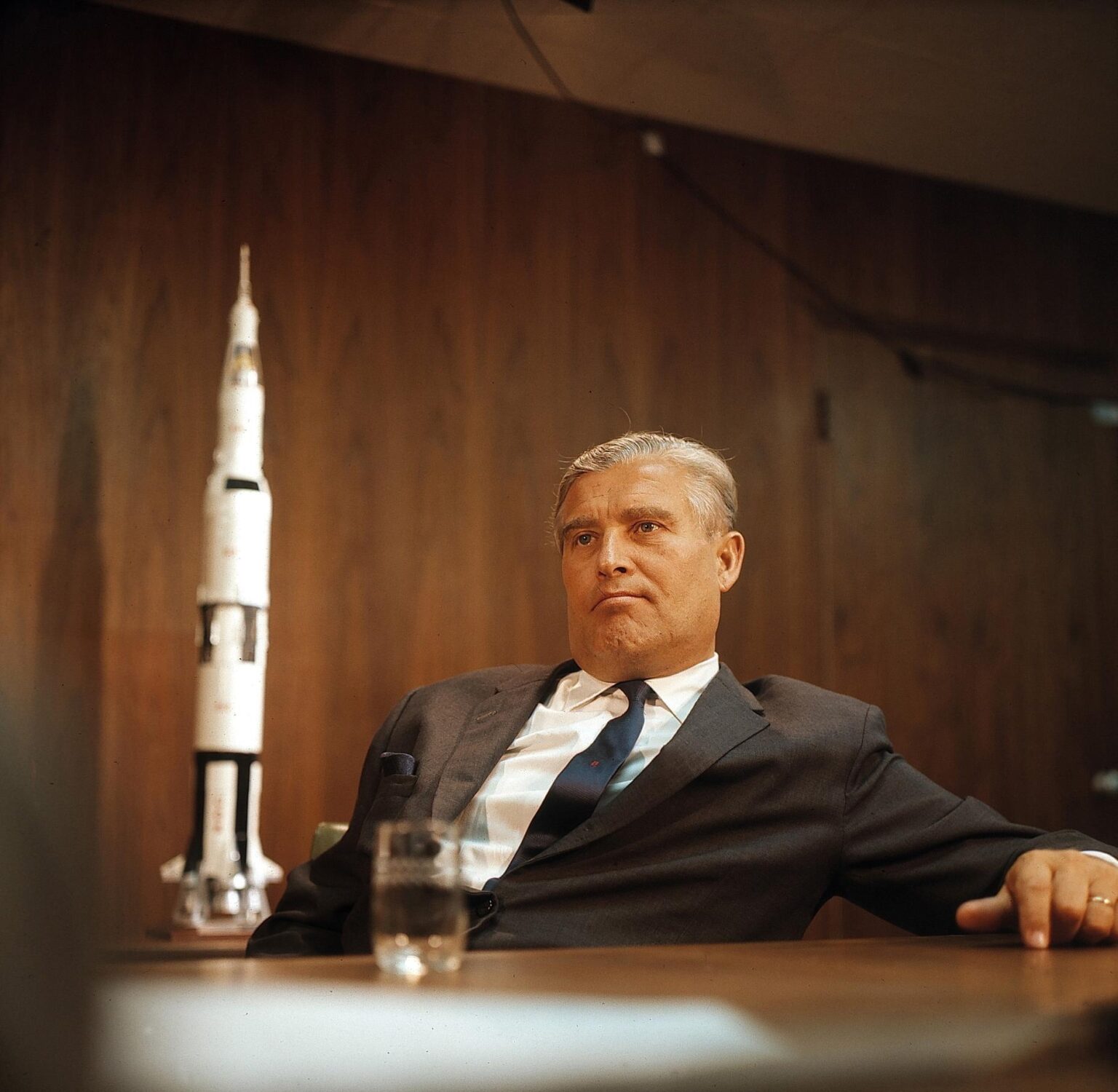
Of course, we would all like progress to be driven solely by noble and virtuous individuals. However, this is not always the case. Werner von Braun is undoubtedly an outstanding engineer and designer who really helped humanity to reach the Moon. Was he a kind of evil genius dreaming of global domination by an Aryan race? Definitely not. Can he be called a person of high morality and firm philosophical principles? Unlikely… It seems that von Braun’s story is a vivid example of the truth lying somewhere in-between two extremes.

